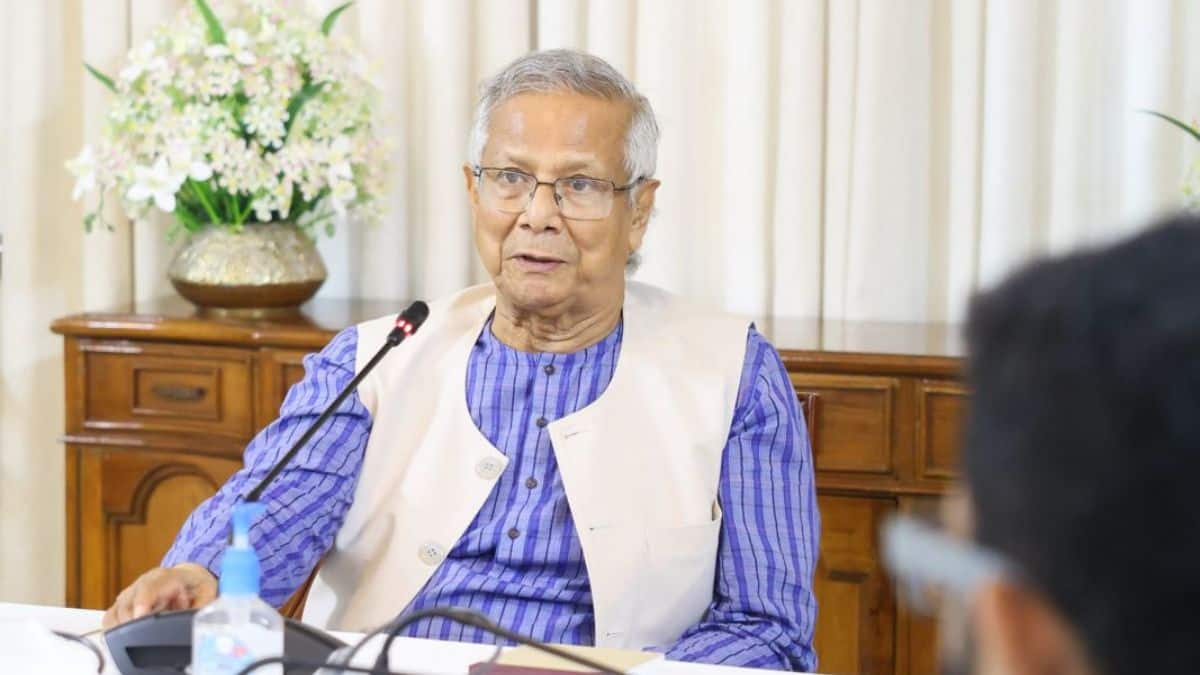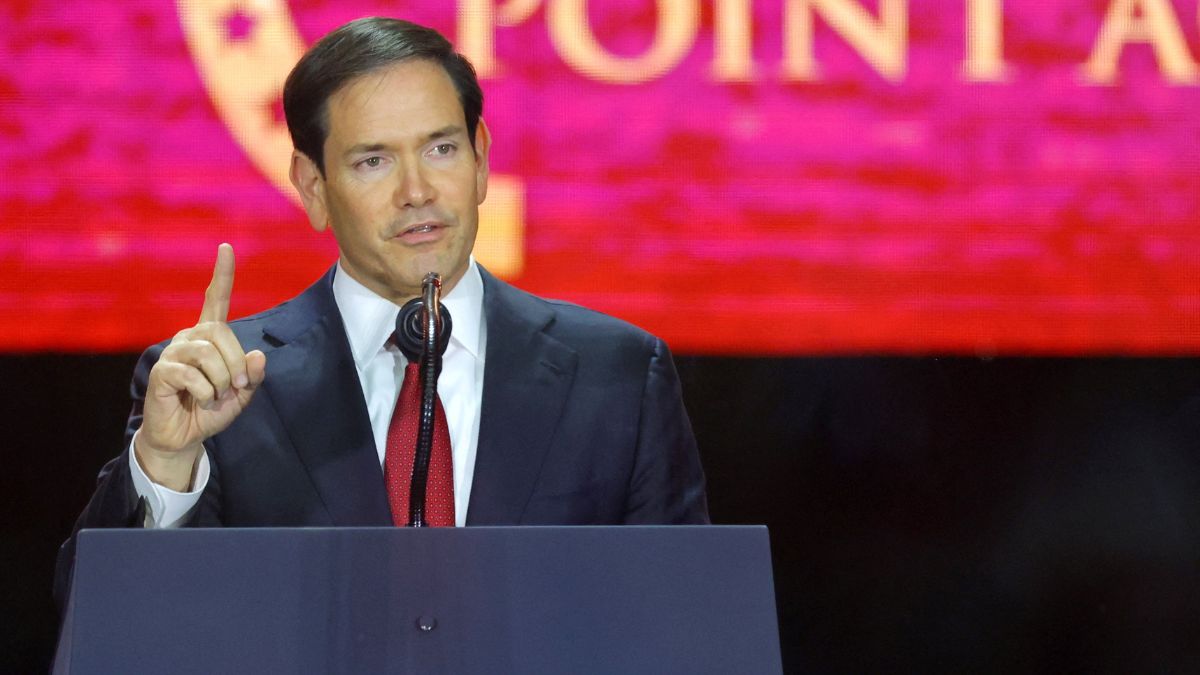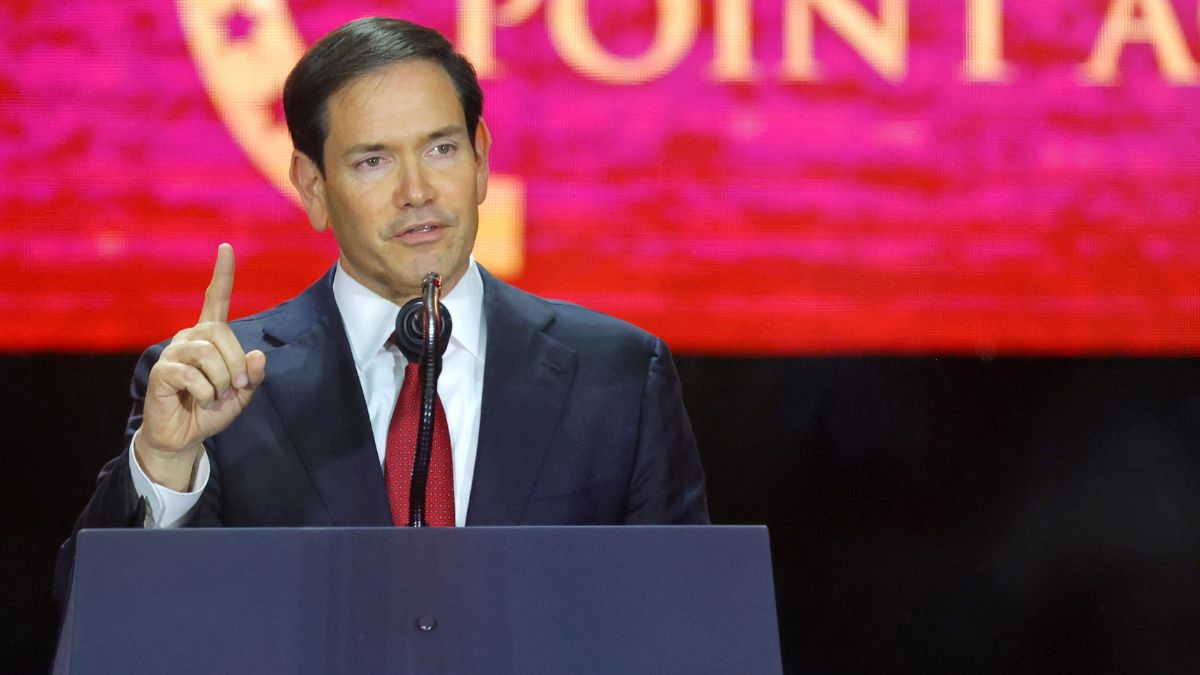New Zealand witnessed its largest-ever strike after about 100,000 nurses, teachers and public sector staff walked off their jobs on Thursday to protest for better working conditions and adequate funding in public services from the government.
The “mega-strike” was participated in by employees from different sectors, including more than 60,000 school teachers, 40,000 nurses and salaried medical specialists and 15,000 public service staff.
Why are they protesting?
Workers from a range of unions have voted to launch strike action after talks with the coalition government broke down. Despite differences in their individual demands, the unions voiced similar concerns – wages that fail to keep up with costs, staff shortages creating safety risks, a lack of essential resources, and working conditions that threaten the health and safety of employees, patients, and children.
Becks Kelsey, a nurse who was in attendance, said, “Patients should not have to be harmed, or die, before things improve. We demand the government invests in the very fabric of our community, not cut the threads that hold it together.”
Noreen McCallan, a nurse in Hawke’s Bay, said, according to The Guardian, “We fear for the safety of our patients. Staff shortages have become overwhelming and exhausting for many of us. Our patients are suffering longer because we can’t get to them as quickly as we should.”
Meanwhile, teachers are being forced to leave the profession and job they love “because they have just had enough and they don’t feel valued”. Secondary school teacher Paul Stevens said, “We need our politicians to do their job and to acknowledge the political choices they have made, over the success of governments, to gradually starve our essential public services of what they need.”
‘Politically motivated’
The coalition government has reacted sharply to the protest, with Prime Minister Christopher Luxon labelling it “politically motivated,” while senior ministers overseeing education, health, and public services described it as “unfair, unnecessary and unproductive.”
Public Service Minister Judith Collins defended the government’s position, saying it was “at the table with offers” even as unions were “out on the street with megaphones.” She went on to call the strike “a stunt” aimed at the government, warning that “thousands of patients and children would pay the price.”


)

)
)
)
)
)
)
)
)



